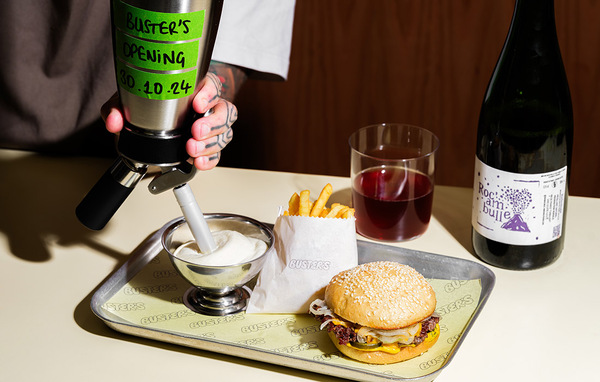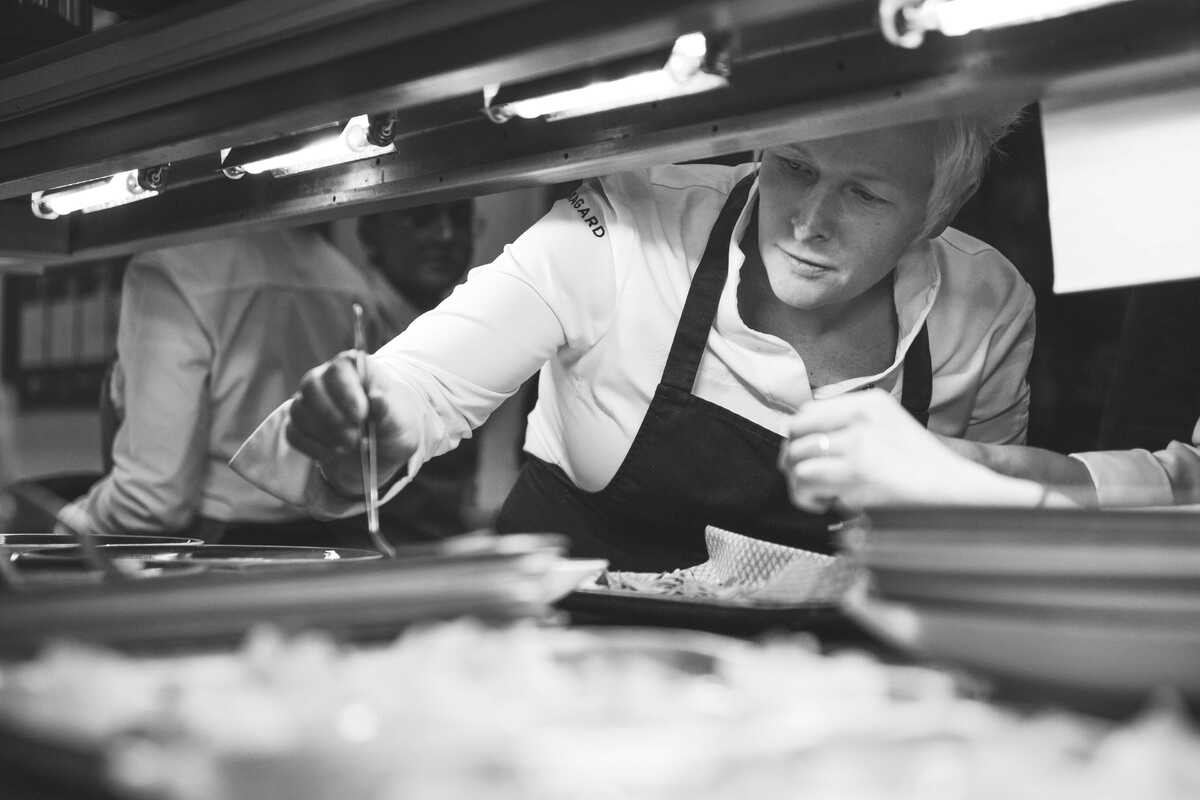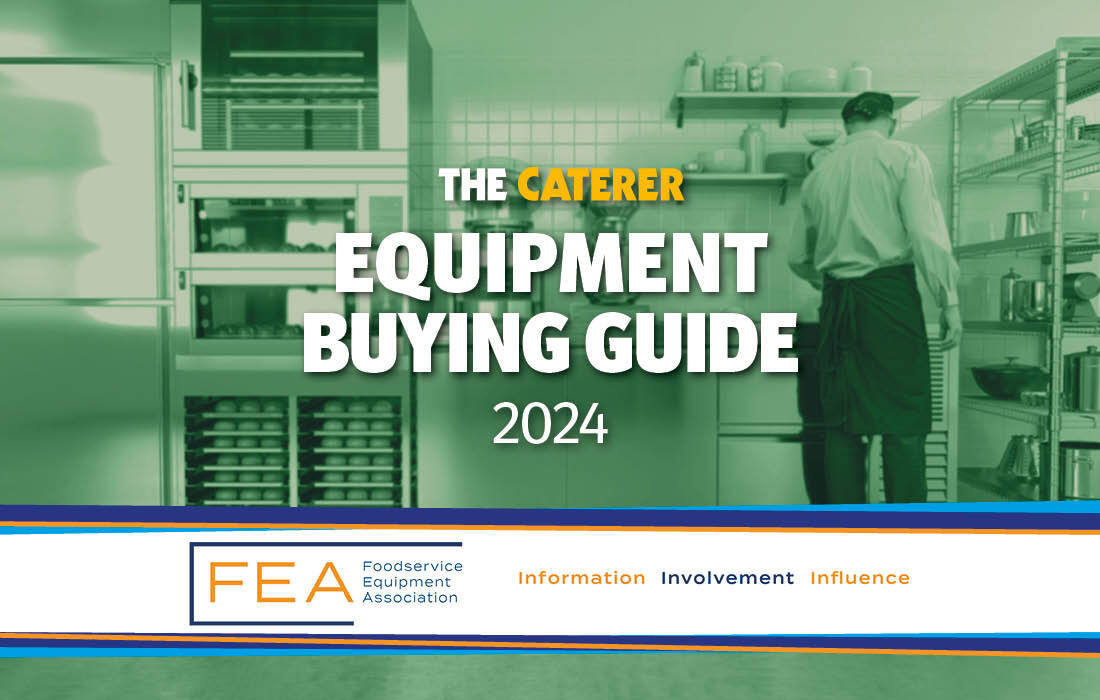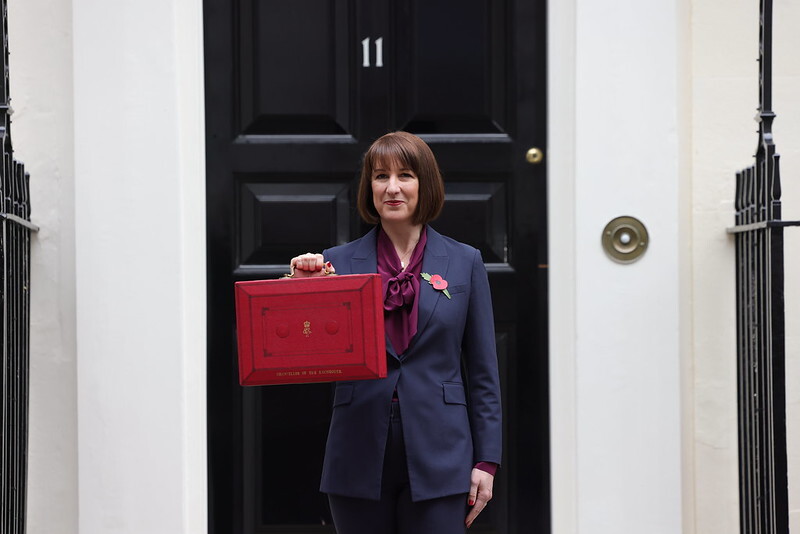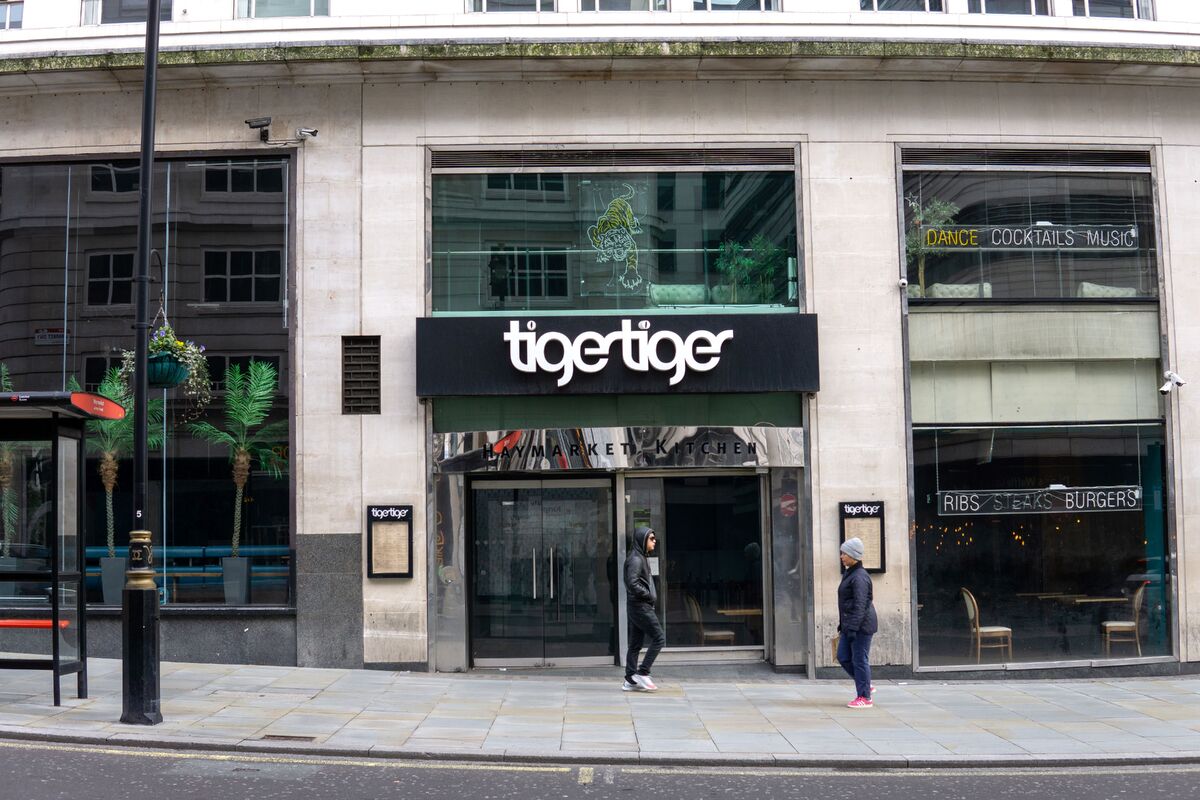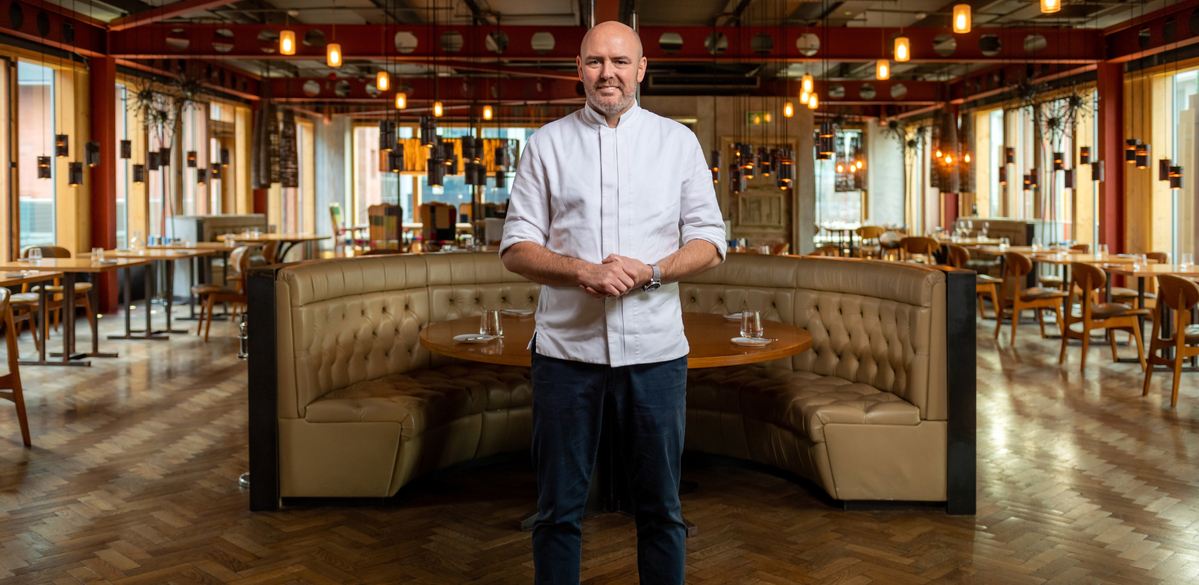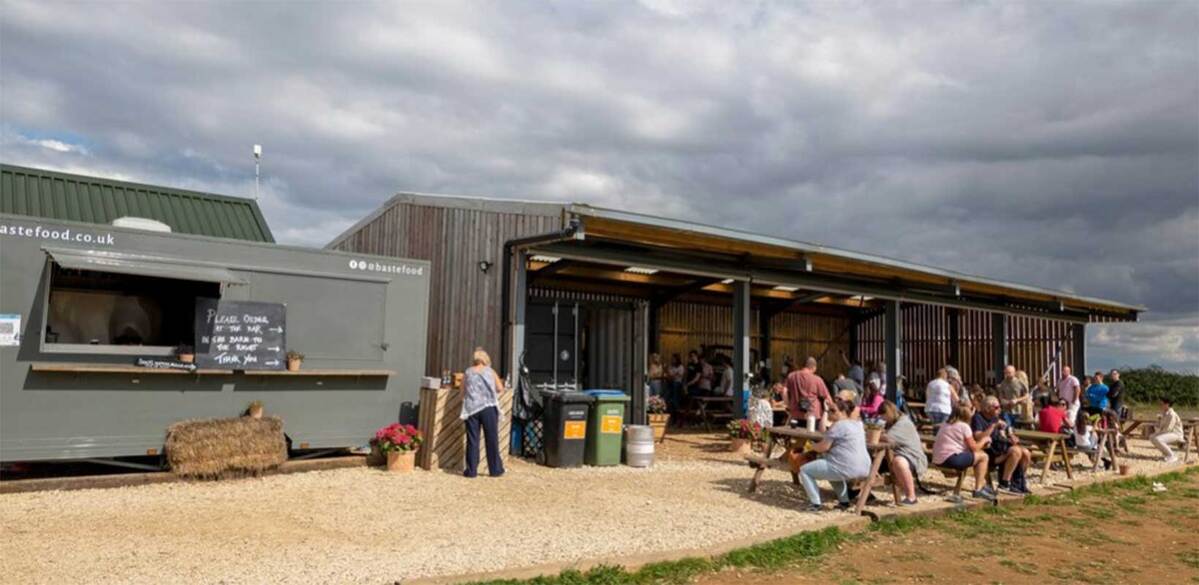Safety first: How housekeeping departments are adapting to the new normal
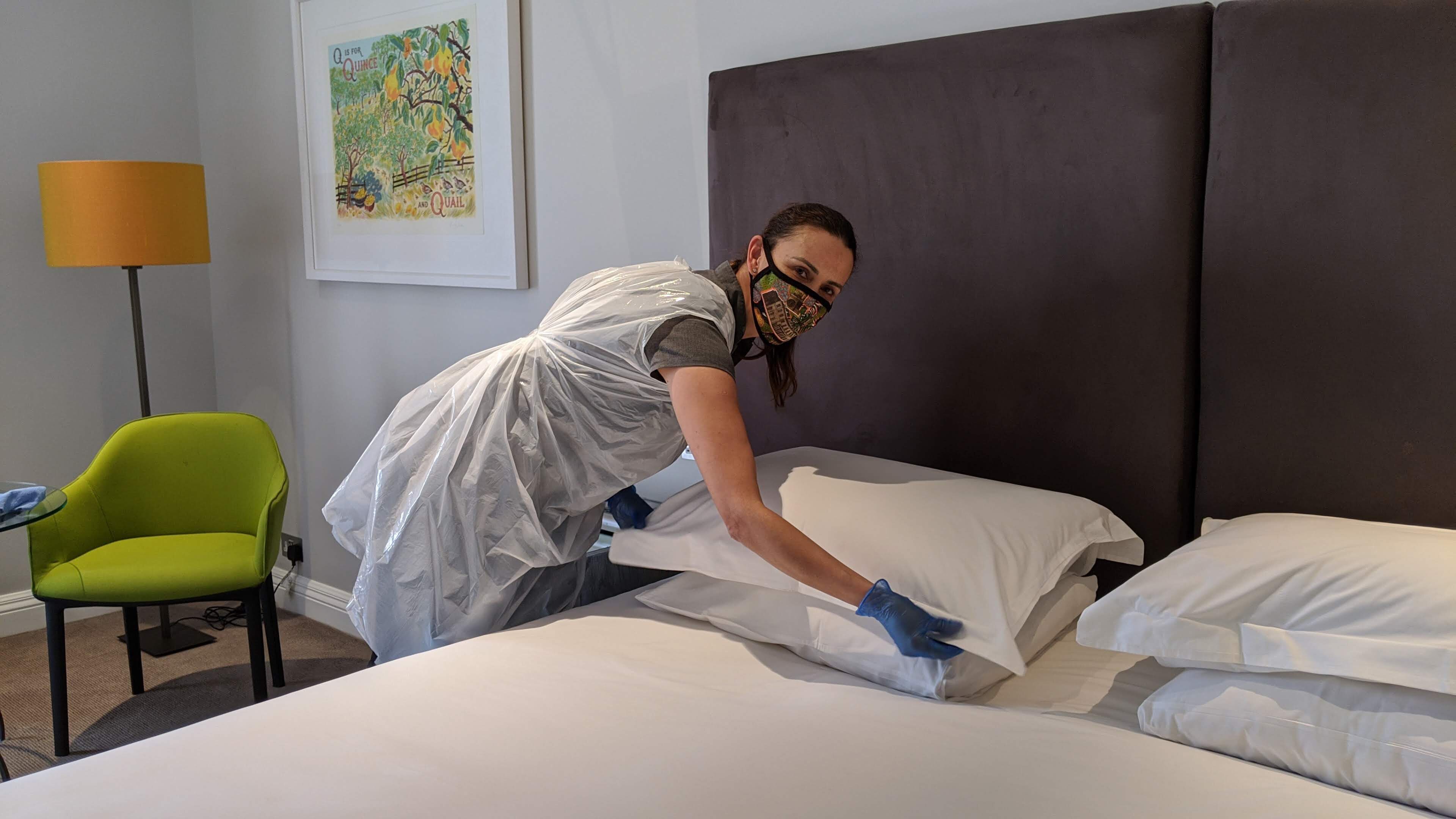
Housekeeping has now been elevated to maybe the most important service a hotel can offer, offering not just cleanliness, but customer confidence too. Ben Walker discovers what’s changed.
A s hotels continue to reopen across Britain, housekeeping teams are getting to grips with their new working environments. New ways to reassure guests over safety concerns mean that housekeeping – traditionally the ‘Cinderella’ department – has been thrown into the spotlight.
“The current crisis has elevated housekeeping to a more consumer-facing service. Visibility will give confidence. Confidence will mean more bookings,” says Adele Oxberry, chief executive at Umbrella Training.
Diane Payne, executive housekeeper at Rockliffe Hall in County Durham, which reopened on 4 July, confirms how visible her team are now: “In the past, guests never expected to see us cleaning during the day. But now, knowing that the hotel is clean is their number one priority. They are reassured to see the housekeeping team across the resort, at all times of the day, and they expect it.”

Cleaning costs
Cleaning routines and practices have changed, and at a cost. One recent study for the US market suggested that a 250-bedroom hotel operating at 60% occupancy would need an extra £8,600 per month to cover Covid-19 cleaning protocols. The study noted, however, that extra costs might be offset by cutting out daily cleanings or charging for additional services.
With a potential requirement for new kit, such as fogging machines, ozone generators, electrostatic spray guns or UV boxes, as well as personal protective equipment and longer cleaning times, it is easy to see how housekeeping budgets might creep upwards.
The price of ‘foggers’ ranges from £215 to £900 and ozone generators are priced at £32 to £143 depending on the size of the spaces for which they are designed. In addition, the price of disinfectants is up due to a spike in demand.
At Rudding Park near Harrogate, new techniques include fogging and steam cleaning and the introduction of extra cleaning products. “Additional purchasing and ordering is time-consuming and deflects my attention from my daily job,” says head housekeeper Rachael Park.

Having to shell out more during a period of uncertainty and low occupancy is not ideal. However, if the cleanliness of bedrooms was hugely important to customer satisfaction before the pandemic, it is even more so now.
New ways to work
Boldly communicating new safety and hygiene policies has been a key strategy to win back business and is arguably the most powerful form of marketing hoteliers have right now.
At Best Western Premier East Midlands Airport Kegworth Yew Lodge, a 113-bedroom hotel in Kegworth, Derbyshire, housekeeping manager Julie Hales has more experience than most of the new protocols. The hotel stayed open during lockdown to look after key workers. A more rigorous cleaning routine takes an extra 10 minutes with two housekeepers assigned to each room. Items such as TV remote controls and spare toilet rolls are sealed in bags. The rooms are fogged and the final step in the process is sealing the front door with a note saying: “Your room has been sanitised for your protection.”
“It’s a lot about guest perception. We want people to feel safe and we want them to come back. It’s about showing them what we are doing,” she says.
At Moor Hall hotel and spa in Sutton Coldfield, head housekeeper Charlotte Lewis looks after a team of 21, including five who work in the hotel’s solar-powered laundry. In bedrooms, they use a cleaning product that is proven to kill coronavirus within 30 minutes. “We can go in and clean the bathrooms first and then the bedrooms, so the whole bathroom has had time to be completely sanitised by the time we finish,” she says.

Hotels are also removing non-essential items. For example, at Rudding Park, magazines, books and stationery are absent and other items such as tea trays are rotated after 72 hours. Back at Moor Hall, bed throws, decorative cushions, irons and ironing boards and small individual toiletries are out. “There are fewer things to wipe down. We want to make sure that every surface is clutter-free and as easy to clean as possible,” says Lewis.
Another policy is to leave longer gaps between each guest stay. At Rockliffe Hall, Payne says: “We are trying to give rooms as much time as possible between guests, and allow plenty of fresh air into the rooms.”

Revised routines
Previously, housekeepers did not need to know about the contact times of disinfectants or viruses and how they can be passed from materials to people. During lockdown, new training has been important and some hotels have developed their own checklists. For example, the Eccleston Square hotel in London is practising a 50-point anti-bacterial surface wipe of guest rooms prior to arrival.
The UK Housekeepers Association, in collaboration with Umbrella Training, has produced a Covid-Secure Toolkit, encompassing a large range of resources. Lorraine Dale, chair of UKHA and head housekeeper at the Royal Household, says: “Not every housekeeper has the support of a large hotel chain or corporate, so our toolkit is applicable to all sizes of establishment right across the hospitality sector.”
The toolkit is available to UKHA members and Liz Smith-Mills, consultant and deputy chair for Yorkshire and the North East, notes there has been a big increase in membership: “This speaks volumes. Housekeepers are realising that they need professional recognition and professional advice and not the attitude that just anybody can clean.”
Anna Chrzastek is the executive head housekeeper for the Farncombe Estate, which comprises Dormy House, the Fish hotel and Foxhill Manor in the Cotswolds. She used the UKHA Toolkit to train and motivate her 50-strong team during closure.

“We like to share and we like to learn from others, the same as in every profession,” she comments. “At any time, it’s good to have people that you can contact who do a similar job.”
Accreditation schemes are a further means of reassuring guests. Rockliffe Hall has completed both the AA’s free Covid Confident assessment and VisitBritain’s ‘We’re Good to Go’ official UK mark. It has also drawn up its own Healthy Hospitality Charter.
HR management
Before the pandemic, a key concern for housekeeping managers was not having enough team members to do the work. For the next few months, this will clearly not be an issue.
While the government’s furlough scheme is still in place, hotels are balancing their staffing levels with occupancy. At Rockliffe Hall the most flexible team members who can perform several roles – rooms, linen, late maid – have been the first to come back to work.

Payne says: “Now that some of the team are back, it is very odd that many are still on furlough, so it is challenging to get the right balance to run each day, while hoping more can come back to work as the hotel gets busier.”
At Yew Lodge, team members are also multi-tasking until occupancy starts to increase from its current 40% level. “I’ll never moan about being full again,” laughs Hales. “It’s more stressful like this than it is being full.”
At Rudding Park, housekeepers are working a four-day week until the furlough scheme ends and rotas are posted two weeks ahead, with staff needing to be flexible to short-notice changes.
Keeping in touch
There have been positive stories among housekeeping teams during lockdown, says Smith-Mills: “There have been cocktail nights, Zoom calls and phone calls to make sure they are mentally OK, to allay fears and to provide updates.”
Chrzastek says that she individually kept in touch with her 50-strong team by phone during the lockdown.
Park says: “With many overseas staff in the team, I’ve had to take on a more pastoral approach, co-ordinate live-in accommodation, arrange working hours, sort quarantine arrangements for returning staff, organise staff get-togethers and schedule Zoom meetings.”
Yet, generally speaking, the realities of resuming business while the virus is still at large and the furlough scheme closing on 31 October are likely to put jobs at risk. Looking a little further ahead, however, some believe that Brexit, rising occupancies and the new cleaning protocols will create a renewed and greater need for housekeepers. Oxberry forecasts: “Organisations will need to have bigger housekeeping teams than pre-lockdown. The new and intense level of cleaning required won’t be temporary.”
Organisations will need to have bigger housekeeping teams than pre-lockdown. The new and intense level of cleaning required won’t be temporary
Rising up the ranks
One positive consequence of the pandemic is a new-found appreciation of housekeepers. “I do believe that the status of housekeeping has improved as both guests and the rest of the resort team understand the importance of keeping all areas safe,” says Payne, who hopes this change in attitude will encourage more people to join her team.
At entry level, housekeeping has much to recommend it. The working environments are frequently beautiful, housekeepers usually have access to spa and leisure facilities and the hours can be flexible.
Housekeeping management, often overlooked in favour of F&B, can be the less-beaten path into general management or consultancy work.
Smith-Mills believes that the pandemic will lead to housekeeping getting greater recognition at senior management levels as well as improving cleaning standards. In the past, some hotels cut back on cleaning budgets far too much, she says, so now is “a great opportunity to maintain standards and increase productivity.”
New housekeeping technology
Housekeeping teams have been on a steep learning curve to embrace post-pandemic cleaning technology.
The use of fogging machines is now widespread, bringing a cleaning method used in hospital operating theatres into hotel bedrooms. Disinfectant is transformed into a fine mist, creating a cloud that can sanitise large areas very quickly. The only downside is the machines tend to be quite noisy, says Diane Payne, executive housekeeper at Rockliffe Hall.
The Athenaeum in London and Ockenden Manor hotel and spa in Sussex are among those using portable ozone-generating machines. Manufacturer Airthereal explains that ozone is a powerful steriliser. When odours, bacteria, viruses or moulds meet ozone, oxidation reactions occur and both parties are destroyed. Ozone then reverts back to oxygen.
At the Eccleston Square hotel in London, guests can decontaminate small items, such as phones and passports, by placing them in a UV light-box at reception. The UV light-box is also used to sanitise room items such as pens, bottle openers and TV remote controls.
Marriott is using electrostatic sprayers, which work in a similar way as fogging machines, to sanitise surfaces throughout its hotels.
Consultant Liz Smith-Mills says: “I’ve always said that control of infection in a hotel shouldn’t be any different to a hospital or a cruise ship, because you’re dealing with large volumes of people in confined spaces.”
The first new normal day

Diane Payne, executive housekeeper at Rockliffe Hall in County Durham, reports on her first week back at work.
“We were well prepared, with new protocols in place and the entire hotel had been deep-cleaned. There were still challenges, though.
“With so few staff back at work and with the team working across four floors, everything was taking longer. This was partly due to reduced occupancy and also missing key team members, such as the linen porter.
“What has impressed me most, though, is the team’s attitude. Their concerns were about when they would be returning to work from furlough and how safe it will be. However, once they were back a few days, having received their training on the new systems and routines, they are just happy to be working again, even though everything has changed.
“We have introduced new start and finish times and the cleaning routines and duties have been altered, but everyone has been so dedicated and happy to do anything they’re asked.
“Training has been our top priority, so that the team clean touchpoints with the right chemicals and cloths. If everyone is trained to the right standard, everything is then routine, and nothing is missed.
“The guests have been pleased to be back and out of the four walls of their homes. They understand that things are different. For example, turndown in the evening now has to be booked and the guests need to be out of their room for that to happen.
“The housekeepers also wear facemasks, so guests aren’t able to see their usual lovely smiles, but they’re still there! As occupancy increases and everybody gets used to the new ways, I am sure we will look back on this time as a new beginning, an opportunity for change and a re-evaluation of the ways in which we work.”
How to... make sure you’re getting the right hygiene and cleaning products for your premises >>


